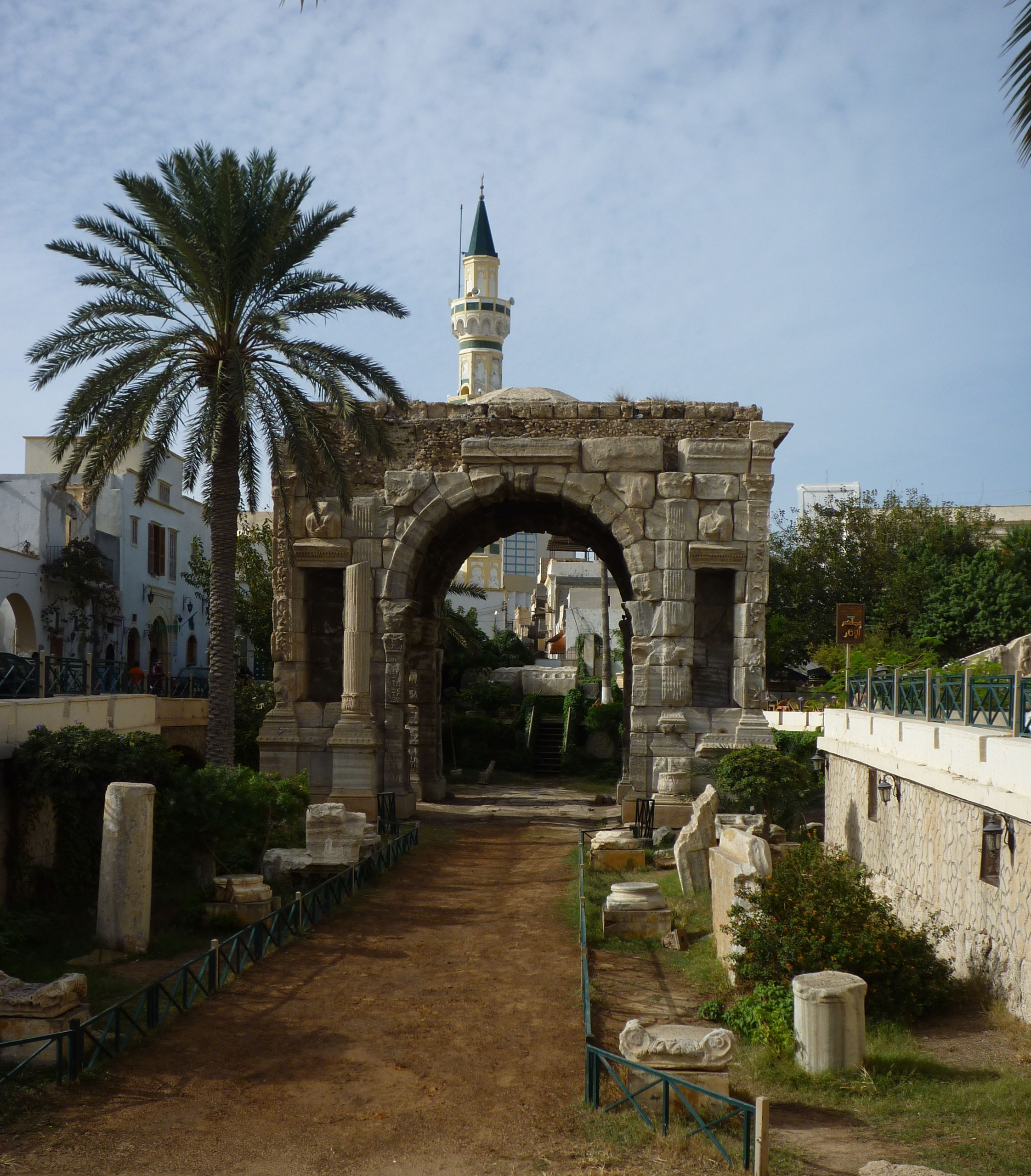‘Community Uses of the Marcus Aurelius Arch in Tripoli Before and After the Italian Conservation’ by Reem Furjani
This talk discusses the notion of authenticity in heritage meaning-making by illustrating how local communities identify and interpret value in cultural heritage, and the effect of authoritarian conservation on this process.
Focused on the Roman Arch of Marcus Aurelius in the Old City of Tripoli (Libya) as a case study, it traces a change in the ways in which the local community used the Arch before and after the Italian restoration in the early 20th century, which intended to ‘re-monumentalize’ the colonial symbol and orchestrate perceptions of it. This change is uncovered by taking two sections in the timeline of the Arch: the first from 13th-20th century ethnographic records of local uses, and the second based on current post-2011 field observations, revealing a process of decay and re-creation of meaning attributed to the ruin and within which spatial transformation plays a central role, both as a manifestation of community interpretations and as a tool to condition them.
This illuminates that communities have context-specific value systems and interests that underpin their ways of dealing with heritage, and which can differ from the systems of expert and Western definitions of heritage that dictate practices today.
CLICK HERE TO REGISTER FOR THIS EVENT
About the speaker:
Reem Furjani is a researcher on critical heritage studies and cultural policies from Tripoli, Libya. She holds BArch and Honours Masters degrees in Architecture and has started a PhD on this same subject. Her interests lie in the intersections between critical sociology and management of culturally significant spaces. Her research work explores communal interpretations of heritage and socially performative uses of it. She is Founder and Director of Scene for Culture and Heritage; Ambassador to ICOMOS General Assembly 2023; Investigator at INHERIT Heritage Resilience Network at Anglia Ruskin University; and Co-Founder of the Mediterranean Association for Data Interchange (MADI). Recently, she was a Fellow at the American Institute for Maghreb Studies (AIMS) and Member of the Steering Committee of the Conference on Libyan Humanities with AIMS and the US Embassy to Libya. She received the prestigious Chevening Scholarship Award for a Fellowship at the Oxford Centre for Islamic Studies (OCIS) in 2022-23 and the Society of Architectural Historians (SAH) Opler Grant Award in 2020.





